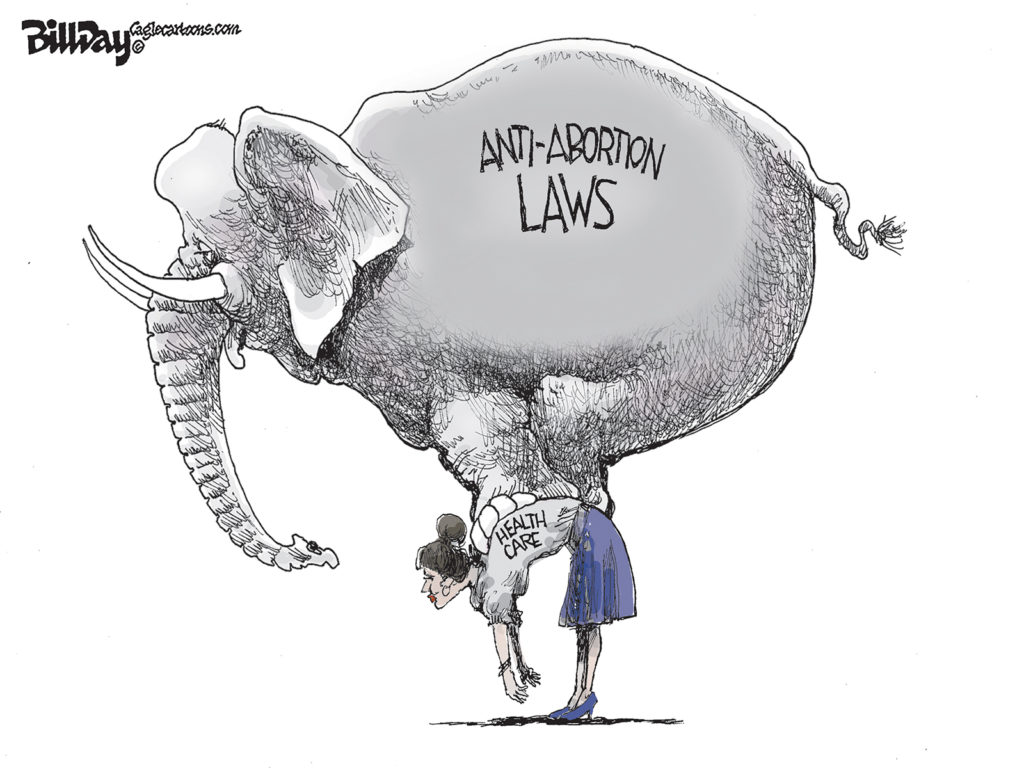From the Chronicle of Higher Education:
By Rachel Wiseman
At a time when women are consistently outperforming men in college enrollment and completion, women tend to value higher education more highly than men do and believe it has had a more positive impact on their lives, according to the results of a survey that was released on Wednesday.
The survey, of more than 2,100 Americans, was conducted by the Pew Research Center in March as part of a larger project on public attitudes toward higher education. (Earlier results were released in May.) Slightly more than a third of respondents to the survey held a bachelor’s degree or higher.
A majority of respondents were not satisfied with the advantages higher education offers, in light of the hefty financial investment it requires. College-educated women, however, were more enthusiastic.
Half of all female graduates of a four-year college considered the country’s higher-education system to be doing an excellent or good job in terms of the value it provided students given the cost. The proportion of men who agreed, however, was significantly lower—only 37 percent of male graduates gave higher education as high marks.
Most respondents agreed that a college education was necessary to get ahead in life, although college-educated adults were more disposed to feel that way. Respondents with and without a college diploma thought that college was more central to a woman’s success than a man’s.
Women said they felt that the intrinsic benefits of college were high, and they were more likely than men to report that college had improved the quality of their lives. More than eight out of 10 women with a four-year degree said their education had been “very useful” in helping them to grow intellectually, and roughly three-fourths of the same demographic group said college had enhanced their emotional development. The numbers were lower for their male counterparts: Only two-thirds of college-educated men said college had contributed to their intellectual growth, and even fewer—64 percent—believed it had helped them mature personally.
The public seems to be undecided about the impact of changes in the gender makeup of the student body. A majority of people surveyed welcomed the fact that more women than men were graduating from college. But when asked if it was a good or a bad thing that fewer men were graduating from college than women, their reactions switched: 46 percent of respondents said it was a bad thing that fewer men than women were attaining college degrees.
Racial and ethnic patterns play into those attitudes, the survey found. African-Americans were more reluctant to say the gender gap in higher education was a good thing. The divide between women and men in higher education is most pronounced in the black community, where 63 percent of college graduates are women. Less than half of black respondents viewed the higher enrollment and completion rates for women than men favorably, compared with 54 percent of whites and 59 percent of Hispanics.
The somewhat contradictory reactions reflect an ambivalence among Americans toward the increasing prominence of women in higher education. “The public has mixed views about this,” said Kimberly C. Parker, associate director of the Pew Social and Demographic Trends Project and a co-author of a report on the survey. “They’re supportive of all the accomplishments of women in this regard, but they don’t want to see that success come at the expense of men.”


